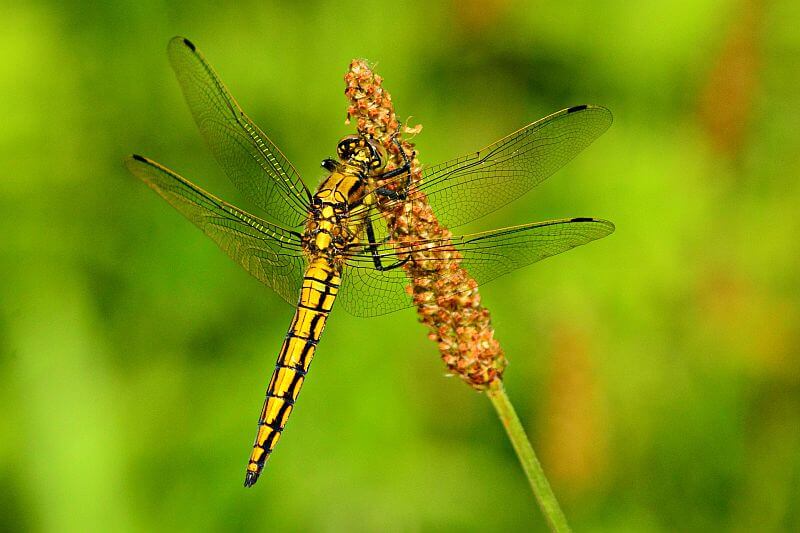Navigating the college admissions world, especially when it comes to standardized testing, can be challenging for students. Knowing which courses best prepare you for these tests and what to expect in terms of additional preparation is key to success. Luckily, our biology experts know the courses and exams inside and out, have a passion for the subject, and delight in sharing their understanding with students.
The SAT Biology Subject Test is a challenging exam to prepare for. In general, many biology teachers will advise students to take the SAT Biology test after completing a biology honors course. Unfortunately, most, if not all, biology honors courses are not nearly rigorous enough to prepare students for the SAT Biology subject test. The SAT Biology subject test is extremely detail-oriented and asks many fact-based questions. Biology honors courses may scratch the surface to the information a student will need to know for the subject test but rarely include the level of detail that will be asked on the subject test. That is not to say that a student cannot be successful on the SAT Biology Subject Test after only completing an honors course. If a student is extremely high achieving in their class, has a passion for the subject, and is willing to put in the extra time to fill the content gaps, it is possible to score very well. However, even students who have taken a full year of AP Biology sometimes find the subject test to be challenging, even though they have taken a full year of collegiate level biology. The differences between the curriculum and question styles are quite expansive.
The AP test is a critical thinking test and emphasizes and understanding of the broad workings of biological systems, rather than memorization of specific terms or content. First-time takers are often surprised at how little content one actually needs to know to do well on the test.

While some portions of the SAT Biology test overlap with the AP Bio exam (namely experiment design questions, which ask a student to make valid conclusions from presented data), the test as a whole is much more content-oriented, and can at times feel like “Biology Jeopardy.” What’s more, the content covered in the AP curriculum leaves out a lot of topics covered on the SAT subject tests. With recent changes to the AP Biology curriculum (the removal of human physiology components) the tests are less similar than ever before. This can leave AP students transitioning to the SAT subject overconfident and underprepared. In addition to human physiology, CollegeBoard tests students on plant anatomy and physiology, biodiversity and classification, as well as several other topics that are not defined as AP curriculum.
At AJ, we have developed plenty of materials and strategies to help students bridge this gap. While some memorization is inevitable, we try to emphasize the interconnectedness of different topics of biology, utilize the common Greek and Latin roots to help ease the quantity of information the students must master, and provide plenty of practice tests to help students prepare.
While there are many viable alternatives to the SAT Biology subject test, a good score here conveys strong skills needed for success in a STEM career, and should be considered by those who are familiar with the subject and plan to pursue a STEM-related career in college. Students with a genuine interest in the subject, who are good at recognizing patterns, and who want to boost their application when applying to a STEM program are excellent matches for this exam.
If you would like to learn more about how we can your student prepare for and succeed on challenging standardized tests like the SAT Subject Test in Biology and the AP Biology exam, please reach out to us today!

